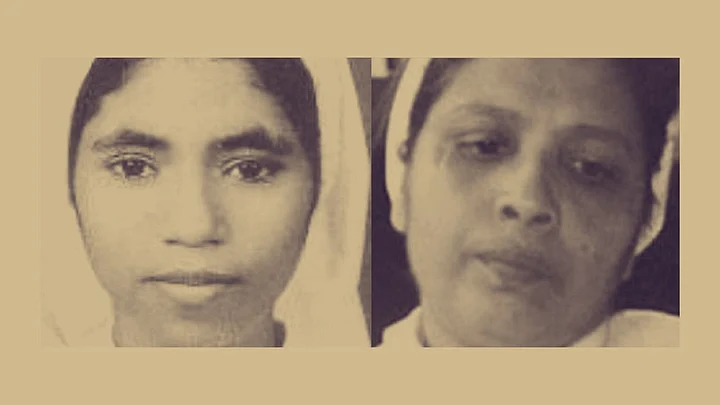The Delhi High Court on Tuesday, 7 February, reiterated that virginity tests were "sexist," "unconstitutional," and "in violation of one's right to dignity" – even if they were performed on a woman accused of a crime.
Why did the court say this? The Delhi HC bench comprising Justice Swarna Kanta Sharma passed this order in a petition filed by Sister Sephy, an accused in the Sister Abhaya murder case that shook Kerala in the 1990s.
"It is declared that the virginity test conducted on a female detainee, accused under investigation or in custody, whether judicial or police, is unconstitutional and in violation of Article 21 of the Constitution, which includes the right to dignity."Justice Swarna Kanta Sharma
In May 2013, the Supreme Court had banned the two-finger test on rape victims on the grounds that it violates their right to privacy. The court had asked the government to provide better medical procedures in order to confirm sexual assault.
What was Sister Sephy's plea? Sister Sephy approached the Delhi High Court in 2009, stating that the Central Bureau of Investigation (CBI), which was probing the case, forced her to undergo a virginity test against her will "as part of the investigation."
She alleged that the CBI was trying to forge a false narrative that she had sexual relations with two priests at the convent, though she claimed her virginity had nothing to do with the case.
"Even assuming, without admitting, that the motive attributed to the accused for committing the alleged murder is true, there is no justification for subjecting the petitioner to a virginity test as the outcome of the test will not prove the motive or the offence in question."Sister Sephy, in her plea
CBI's rebuttal: The CBI, however, challenged her plea saying that the test was necessary for the investigation and that at the time of the case, virginity tests were not considered "unconstitutional."
What else did the court say? In a 57-page judgment, Justice Sharma on Tuesday stated, "Virginity tests are neither modern nor scientific. Rather, they are archaic and irrational. Modern science and medical law disapprove the conduct of such tests on women."
The court further said that the Supreme Court had already held that virginity tests were violative of a woman's dignity and that there "cannot be two sets of views" in the matter.
"Further, without an iota of doubt, the same rests on gender bias and society’s view and obsession with the false concept of virginity being equated with purity of a woman. Needless to say, it also amounts to controlling the woman’s body, their sexual behaviour and the view that a woman with the hymen is pure and innocent," Justice Sharma said.
What is the Sister Abhaya case? Sister Abhaya, a 21-year-old Knanaya Catholic nun, was found in a well at St Pius X Convent in Kottayam on 27 March 1992. An initial probe by local police claimed she died by suicide, but the case was transferred to the CBI in 1993.
And then? At least two teams of the CBI inconclusively probed the case till 2008, and later, a new CBI team was set up, which arrested Father Thomas Kottoor, Sister Sephy, and another priest for murder.
In 2020, a trial court in Kerala found Sister Sephy and Father Kottoor guilty of murder, and they were awarded life sentences. But in June 2022, both of them were granted bail and their life sentences were terminated by the Kerala High court.
